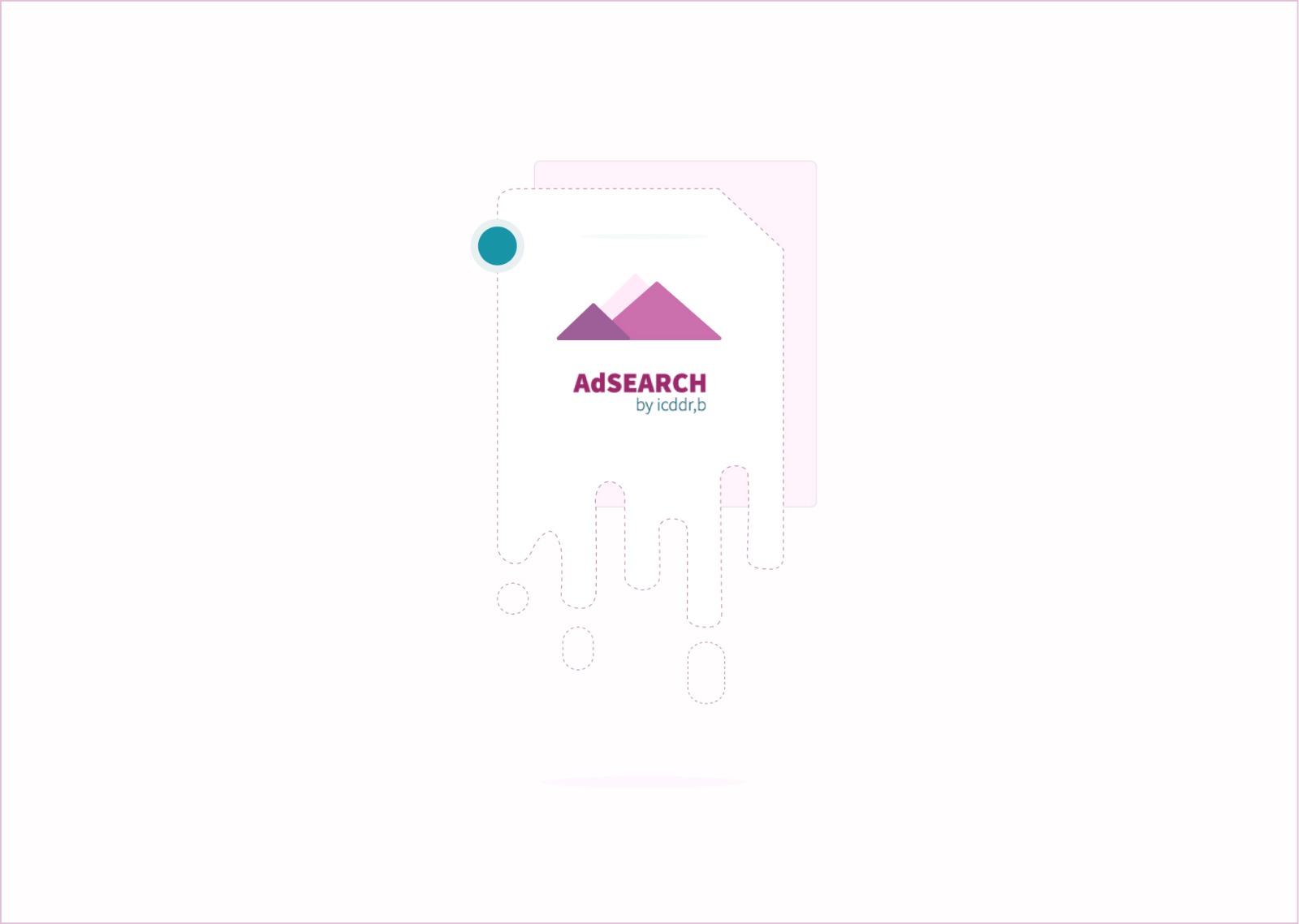Balika bodhu: Addressing denial of sexual and reproductive health and rights to married adolescent girls in a rural area of Bangladesh through empowerment and social norm change
- 0 Trainings
- 0 Workshops

Principal Investigator: Dr Ruchira Tabassum Naved
Study Design: Innovation Testing
Theme: Gender Equity & Rights
Targeted population group:
Study duration: Oct-2022 - Mar-2025
Study sites: Baliakandi
Study status: On Going
Sexual and reproductive health and rights (SRHR) are vital to one’s health and development. Over the last few decades Bangladesh, known as a patriarchal society, has made remarkable progress in improving contraceptive use, and maternal health. However, the progress has not been consistent in different SRHR domains and is not uniform across different groups of reproductive aged females. Evidence suggests progress was particularly slow in realising SRH rights of the women suggests that choice and consent of females are ignored in all spheres of SRHR and that patriarchal gender and social norms, and discriminatory laws and practices in Bangladesh perpetuate denial of SRHR to females. Due to high prevalence of child marriage in Bangladesh (59%) (NIPORT & ICF, 2019) a huge proportion of adolescent girls are married before reaching 18. In a patriarchal setting such as Bangladesh with very strong gender and age hierarchies these child brides typically command the lowest power in the marital home. They typically have lower education than those who get married in adulthood. They also lack voice and bargaining skills. In such a context, the husband or mother-in-law may figure prominently in decisions about using contraception and the timing of childbearing. In this context, denial of SRHR usually becomes part of their lived experiences. With the objective to promote Married Adolescent Girls’ (MAGs) demand for, access to, and practices of Sexual and Reproductive Health and Rights (SRHR) including family planning (FP), conception, and SRH service uptake, a mixed-method cluster randomised controlled trial (CRCT) has been designed. Through this study, we are developing and testing “Balika Bodhu”, a social norm intervention combining empowerment of MAGs and mobilisation of relevant stakeholders to increase demand, access and practice of positive behaviours in relation to SRHR among these MAGs. “Balika Bodhu” will cover married adolescent girls aged 15-19 years and will be implemented in 32 clusters (villages, primary sampling unit) in icddr,b’s health and demographic surveillance system (HDSS) area under Baliakandi sub-district of Rajbari district. The clusters will be formed and randomized to two study arms (intervention and control). A total of 800 married adolescent girls (MAGs) will be randomly selected (25 per cluster, 400 per arm) from the list of MAGs obtained from the Baliakandi HDSS. Their husbands will also be included in the study. Both the MAGs and their husbands will be surveyed at baseline and end line and receive the intervention. A randomly selected cross-sectional samples of 576 community members aged 40 or more will also be surveyed at baseline and end line. Qualitative data will be collected through 30 IDIs (15 MAGs and 15 their husbands), 6 KIIs with Mother-in-laws of MAGs, NGO staff, doctors, CHWs, traditional healers, and drug sellers, and 6 FGDs with MAGs, their spouses, and elderly and influential community members aged 40 years or more.



